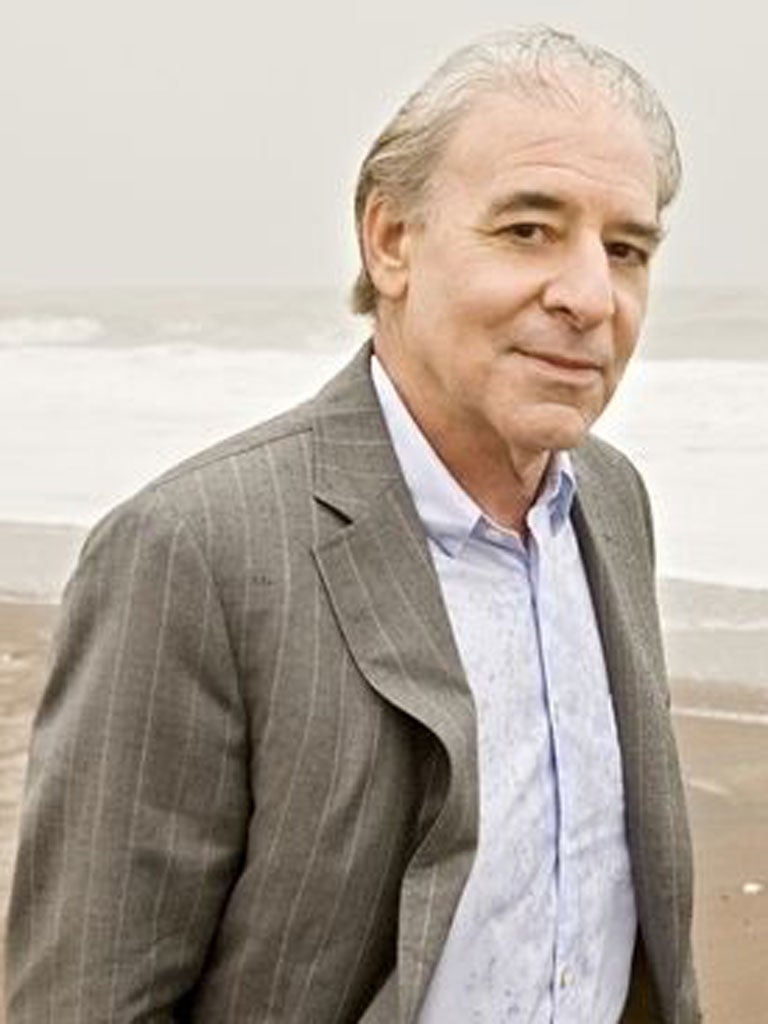Mission to Paris, By Alan Furst
The romantic moralist of spy fiction returns with a shaded tale of the movies and Munich

Your support helps us to tell the story
From reproductive rights to climate change to Big Tech, The Independent is on the ground when the story is developing. Whether it's investigating the financials of Elon Musk's pro-Trump PAC or producing our latest documentary, 'The A Word', which shines a light on the American women fighting for reproductive rights, we know how important it is to parse out the facts from the messaging.
At such a critical moment in US history, we need reporters on the ground. Your donation allows us to keep sending journalists to speak to both sides of the story.
The Independent is trusted by Americans across the entire political spectrum. And unlike many other quality news outlets, we choose not to lock Americans out of our reporting and analysis with paywalls. We believe quality journalism should be available to everyone, paid for by those who can afford it.
Your support makes all the difference.Admirers of Alan Furst's earlier novels of espionage such as Dark Star and The Polish Officer may have come to feel that his more recent work has shown a slackening of tension and the temptations of a formula. Happily, though, Mission to Paris, the 12th novel in the series, contains some of Furst's best writing to date.
What Furst has restored is the sense of fear, of a threat that amounts to more than faintly sinister entertainment. To this end his hero, Frederick Stahl, nee Stalka, appears almost invulnerable. He is a Hollywood star, born in Vienna but long since Americanised.
At 40, he seems to be at the top of his game, but as the Munich crisis of 1938 approaches, studio politics at Warner Brothers sends him to Paris for a co-production, Après La Guerre, which sounds faintly reminiscent of La Grande Illusion. Stahl finds himself in a conspiracy which might have been designed by Eric Ambler.
Things begin casually enough when Stahl is invited to a gathering at the house of a leading German hostess. Embarrassment turns to a nuisance and then to a barely-veiled threat as he discovers that von Ribbentrop's people want to make use of him. He finds himself in Berlin judging a rigged award for sentimental pro-Nazi mountaineering movies.
Furst always seems most at home in Paris, and divides his interest equally among impoverished emigres, well-heeled parasites and the working people who keep the place running. Quai des Brumes is playing at the cinema, alongside the American remake of Pepe le Moko.
The deadening, morale-sapping effects of corrupt French business interests and a press largely in favour of "harmony" (ie appeasement) are well caught, as is the sense that after the collapse of the Popular Front the country is waiting for the first shot.
Meanwhile people have to eat, drink, make love (Stahl, like all Furst's heroes, turns out to be an implausibly brilliant yet gentlemanly swordsman of the bedroom) and make a living. The process of film-making is interestingly handled, and Furst nods to loyal readers by situating the producer's office on the same corridor as that of Jean Casson, hero of The World at Night, whose action concludes after the outbreak of war.
Furst is a romantic moralist working in a version of the realist tradition, and while line-for-line he beats his rivals hands down, his books do not normally invite much formal analysis. Yet with Mission to Paris he creates a satisfying hall-of-mirrors effect by writing a superior genre piece in which the life of an actor is invaded by a world whose workings we recognise from the cinema, at the same time as he is making a film whose completion becomes a matter of life and death. One could have wished Furst's view of the US were less rosy here, but his light-touch artistry on the smaller canvas of his later work can only be admired.
Sean O'Brien's latest poetry collection is 'November' (Picador)
Join our commenting forum
Join thought-provoking conversations, follow other Independent readers and see their replies
0Comments